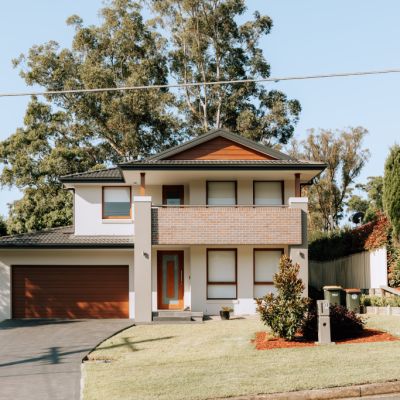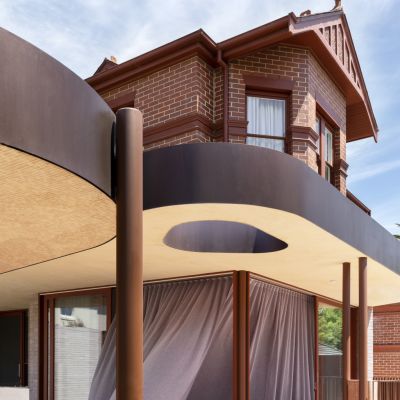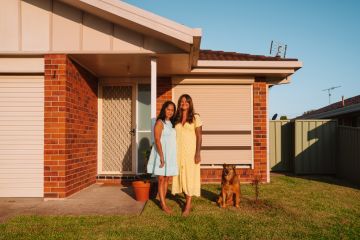What you should look for when buying a property to renovate
We all know how important location is when it comes to buying property.
Whether you’re looking for an investment or a place to call home, we want the best possible city, suburb and street we can afford.
But if you’re also keen to add value with a renovation, you’ll need to consider more than just location.
Domain spoke to buyers’ agent Dan Grantham of Sydney-based Grantham Buyers Agents, and Kris Little, a registered builder with Melbourne Renovations, for their insights on what you should look for when buying a property to renovate.
Structural integrity or ‘good bones’
When industry insiders talk about a home having good bones they typically mean the house is structurally sound, with quality construction and a workable floor plan.
Picture a good property with the potential to be a great property.
Well-maintained character homes built with double-brick walls, modern homes with well-laid-out but dated interiors, and older apartments in solid, boutique buildings are all examples of homes with good bones.
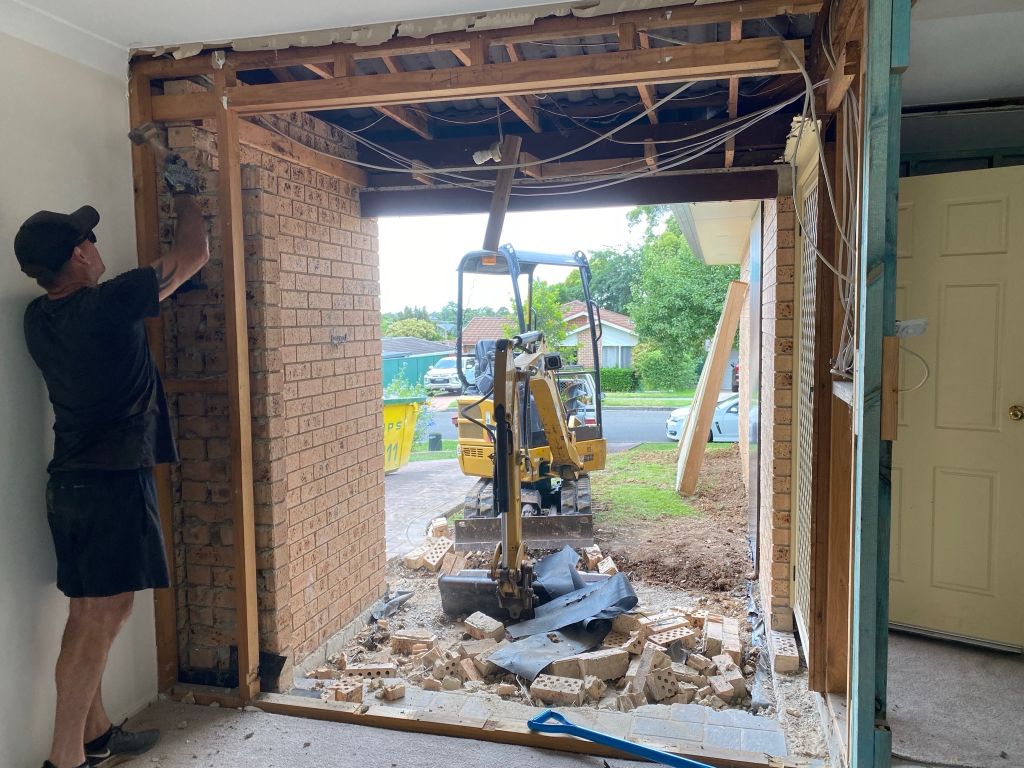
Grantham says if you don’t trust your own ability to spot poor workmanship or expensive repairs, invite an architect, builder or building inspector to look at the property with you.
“You don’t want to buy a property to renovate and find there is way more work than you expected,” he says.
Little says a detailed physical inspection is always a good starting point.
“[You’re looking for] a good layout and flow from room to room, no visible cracking to interior or exterior elements, no visible signs of moisture or pest damage,” he says.
Easy updates
If you’re short on cash, it makes sense to target properties that only need cosmetic updates.
This means you’ll want to shortlist tired homes with functional floor plans and then work out the cost of the required cosmetic improvements.
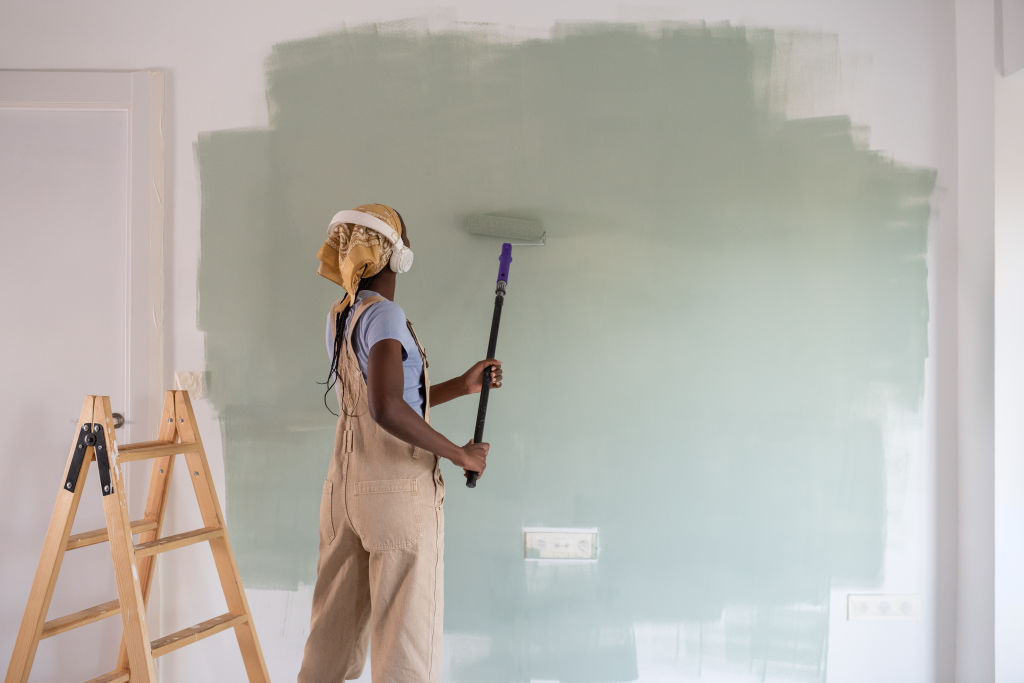
Your list might include painting, flooring, window coverings, door handles, light fittings and a spruce-up of the garden.
Little says some of the best “bang-for-buck” cosmetic updates include fresh paint both inside and out, the replacement of old and tired floor coverings, and cabinetry and countertop rejuvenations in kitchens and bathrooms.
Value-add additions
Grantham advises clients to look for properties where they can add value without major building works.
He gives examples of splitting a large bathroom in two to create a second bathroom, removing a wall to create an open-plan kitchen with an island bench, and converting an attic space into an extra bedroom or living room.
Improving street appeal is also important. A home that looks cared for will get more people through the door for inspections.
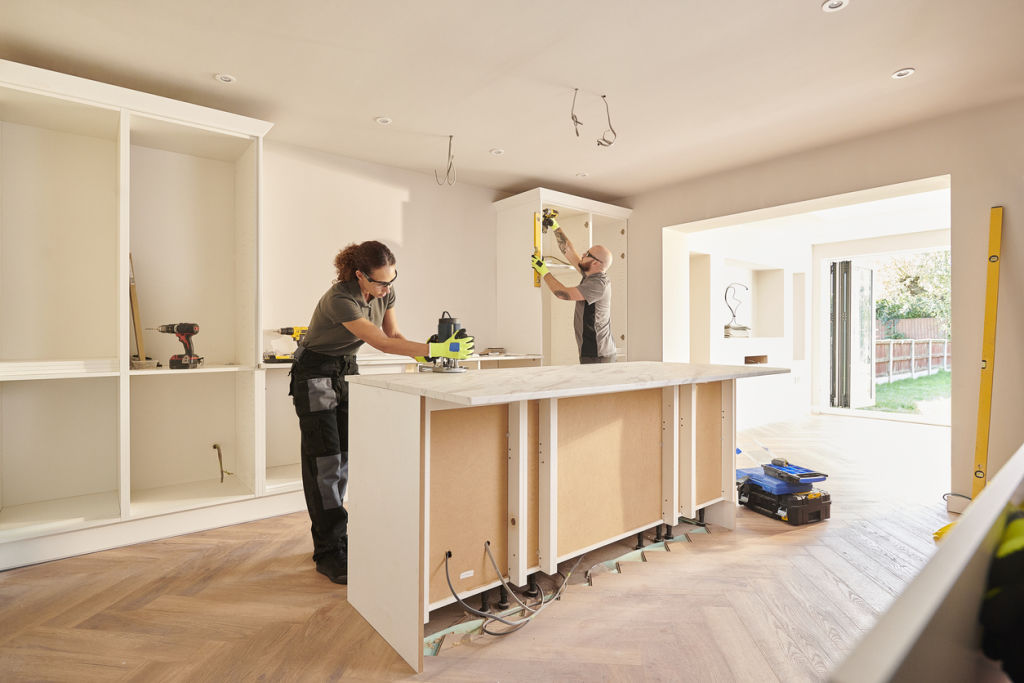
If you’re not under quite so much time and budget pressure, consider properties where you can build a studio over a garage or install a pool.
If you’re flipping the property and hoping to attract buyers with deeper pockets, choose a property with space for substantial outdoor entertaining areas where you can add a covered deck or terrace with an outdoor kitchen.
Grantham suggests that, if you find an expansive older home, you may be able to convert a bedroom into a large walk-in wardrobe for the main suite, or convert a basement into a home theatre or golf simulator.
Heritage overlays
For most renovators, a heritage overlay is nothing but a headache, and properties falling into this category are best avoided.
They typically involve lengthy planning approval delays and additional costs to preserve authenticity.
You can use local government planning portals to check for overlays (and other restrictions like bushfire zones) simply by typing in a relevant address.
But Grantham says it can be worth considering a renovation if it’s only the facade that must be retained.
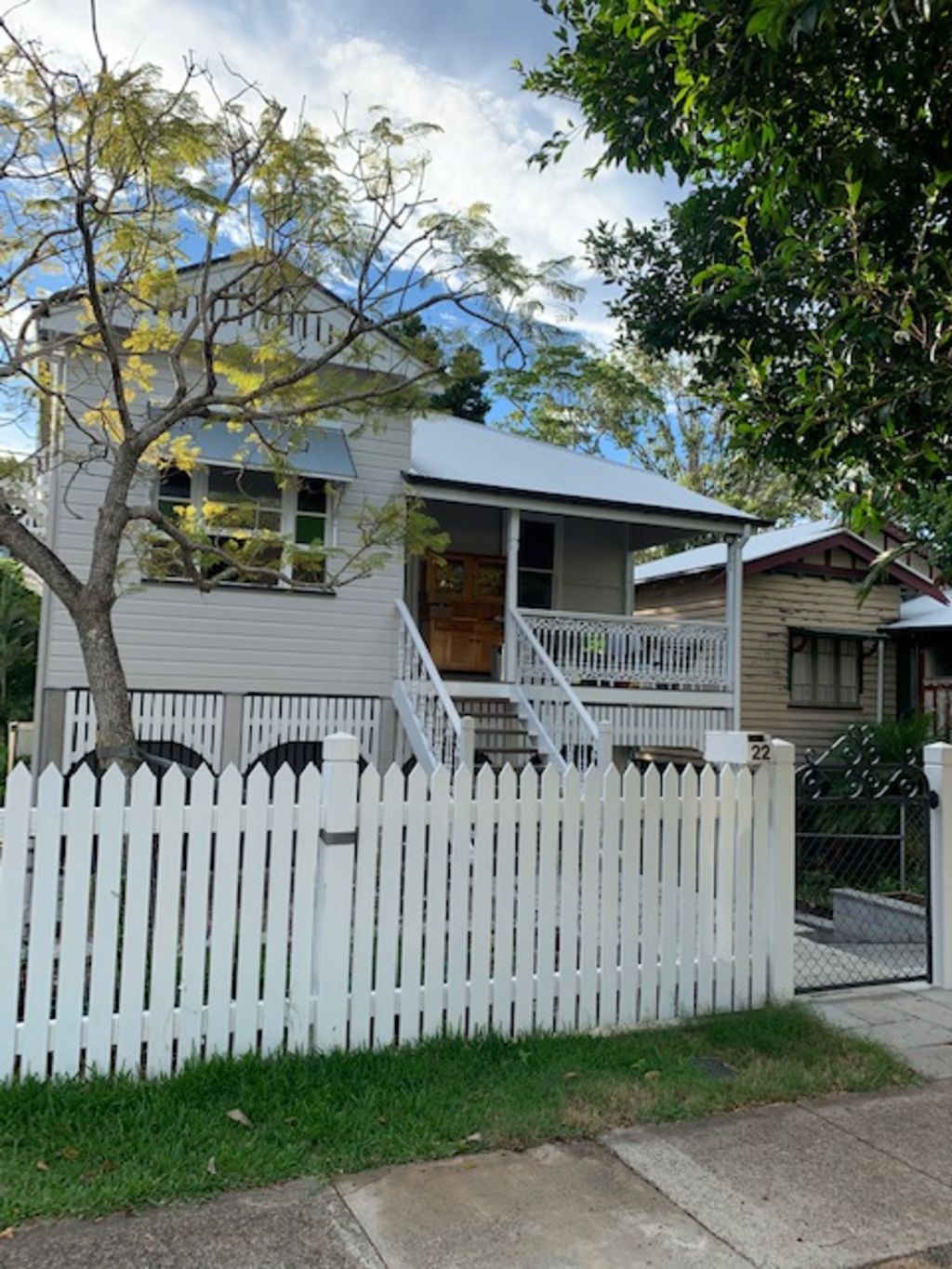
“If you’re wanting to add value to a property I think if you can keep the outside of the house as is, and just do work inside without interrupting the floor plan too much, that’s where you can look at adding significant value,” he says.
Little says it’s important for buyers to understand that each council will have its own requirements, so contact your local council to understand what conditions you’ll need to meet before you commit to a purchase.
This advice applies to any significant structural work, from extending an existing building footprint to removing a portion of an existing building or constructing external structures like pergolas, decks and carports.
Size matters
If it’s an apartment renovation you plan to tackle, size plays a big part in dictating how much value you can add.
“You’re looking for how big the internal space is, because that’s essentially all you own,” Grantham explains.
“So is this big enough so that [you] can add a third bedroom or a second bathroom?”
Narrow your search to buildings that don’t have prohibitively high strata levies or, for that matter, any special levies for rectification works.
A thorough examination of strata reports is critical when buying an apartment, and Grantham advises buyers to get to know the strata manager so they can get a feel for whether they’re supportive of renovations.
Grantham also warns apartment buyers to familiarise themselves with Class 2 building regulations introduced in 2021 which require registered trades and have significantly increased the paperwork for even minor renovation works.
Avoid over-capitalising
Some industry experts suggest sticking to a renovation budget of no more than 10 per cent of the property’s value, but it really comes down to a property’s location and your target market.
The value of a character home in original condition that undergoes substantial – and expensive – renovation and extension could skyrocket if this type of home is considered a valuable commodity in a coveted neighbourhood.
On the flip side, overspending on cosmetic updates to a poky apartment on a busy road could well leave you out of pocket.
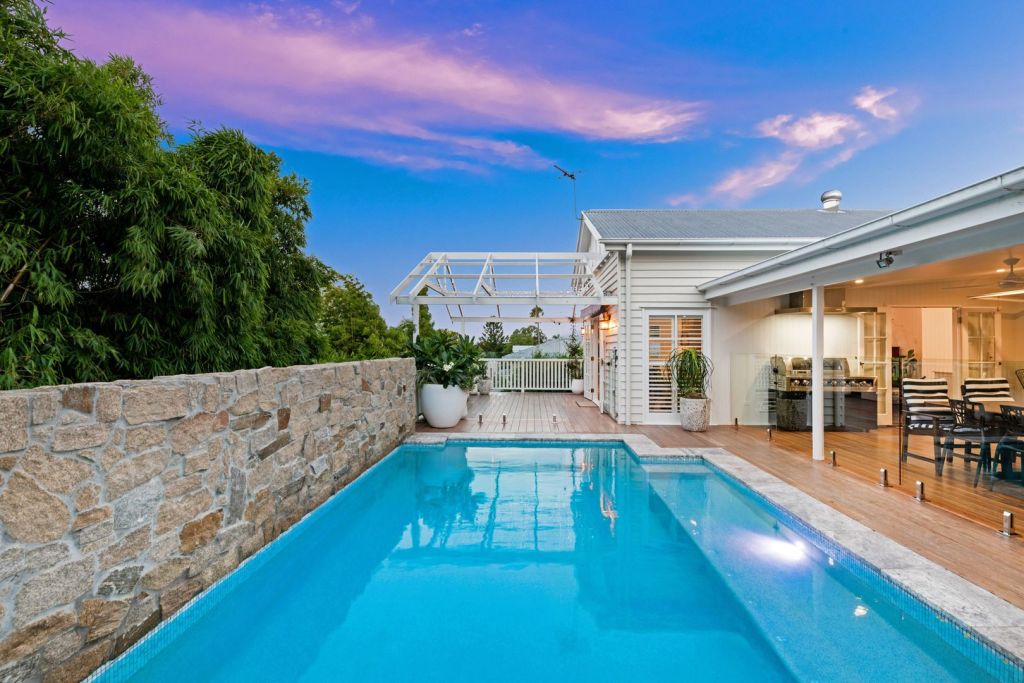
Little says it’s critical to research the local area, looking not just at comparable sales, but the time properties took to sell and whether they achieved their original asking price.
“If you’re looking to sell, think of renovating with your head, not your heart,” he says.
“What you like may not be what the next buyer likes … it can be expensive to renovate with your heart.”
Visit open homes in the area and speak to local agents and buyers’ agents to determine what buyers are looking for and willing to pay, then set your renovation budget accordingly.
We recommend
States
Capital Cities
Capital Cities - Rentals
Popular Areas
Allhomes
More
